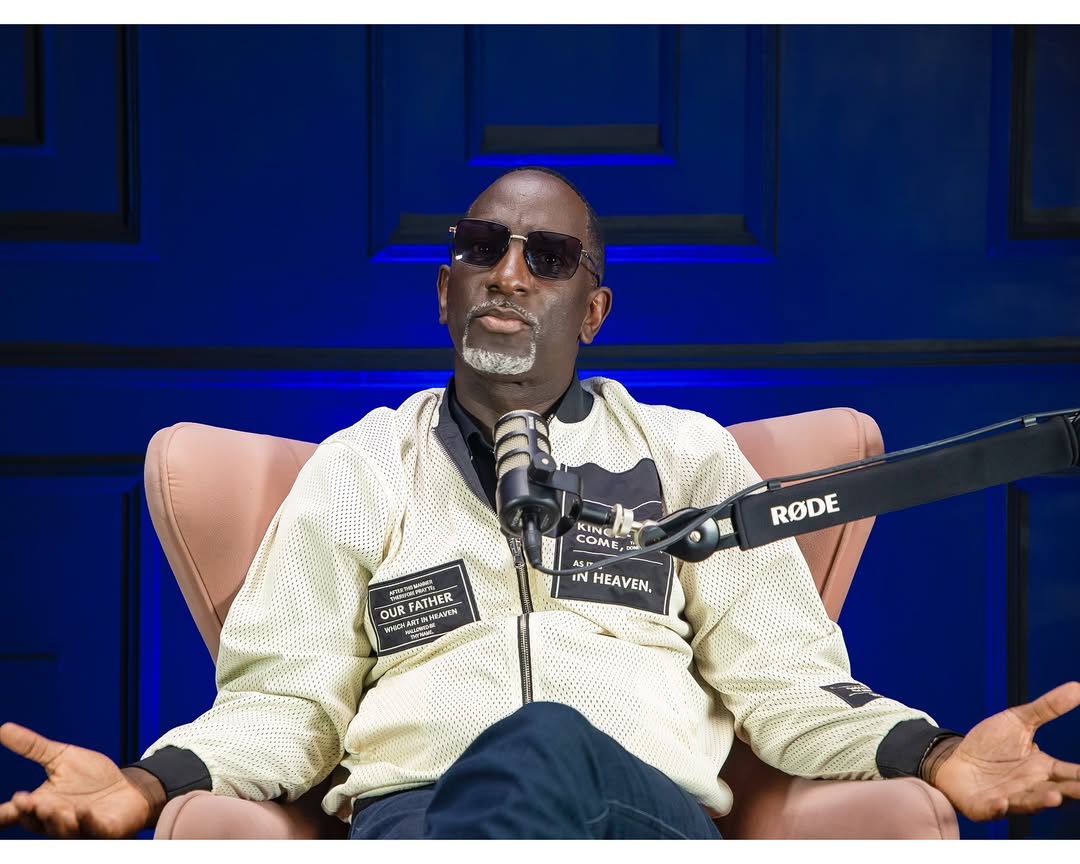
Does Burale Have a Case? Analysing His Ksh 20 Million Defamation Lawsuit Against Rozinah and Alex Mwakideu
- Published By The Statesman For The Statesman Digital
- 3 weeks ago
Motivational speaker and pastor Robert Burale has filed a defamation suit against his ex-wife, Rozinah Mwakideu, and her brother, media personality Alex Mwakideu, following the release of a viral YouTube interview in which Rozinah described her short-lived marriage as “the biggest mistake of her life.”
The video, uploaded earlier this month on Alex’s YouTube channel, featured Rozina candidly speaking about her past relationship with Burale.
She alleged that the marriage brought her immense pain and that she ignored multiple warnings, including from her mother, before tying the knot. The interview quickly spread online, drawing widespread discussion and commentary from netizens.
In response, Burale has moved to court, filing a KSh 20 million defamation case at the Milimani Law Courts. In his application, he argues that the interview contained false and damaging statements that have injured his reputation as a pastor, motivational speaker, and public figure.
Burale contends that the remarks were made with malice and without offering him an opportunity to respond, which, he says, has caused emotional and reputational harm.
He is now seeking a public apology from both Rozinah and Alex, the removal of the video from all platforms, and a permanent injunction restraining the duo from publishing or sharing any similar statements in the future.

Understanding the Legal Context
Under Kenyan law, defamation occurs when a person’s reputation is harmed through the publication of false or malicious statements to a third party.
The burden of proof lies with the complainant, who must demonstrate that the statements were untrue and caused measurable damage.
The court will likely examine several factors — including whether Rozina’s comments were factual assertions or personal opinions, whether the video’s content was published in good faith, and whether Burale’s reputation suffered tangible harm.
Possible Outcome Based on Precedent
In previous Kenyan cases, courts have drawn a fine line between freedom of expression and defamation. In SMW vs ZWM (2015), for example, the High Court held that expressing a personal experience — however unflattering — does not amount to defamation if it reflects honest opinion and lacks malicious intent.
Similarly, in Nation Media Group Ltd vs. Hon. Nicholas Biwott (2000), the court emphasised that truth and public interest are valid defences against defamation claims.
Applying this reasoning, Burale’s case could hinge on whether Rozinah’s statements were presented as personal reflections rather than factual accusations.
If she can prove that her remarks represented her lived experience and were not made out of malice, the court may be reluctant to categorise them as defamatory.
On the other hand, if Burale demonstrates that the interview included verifiably false claims that damaged his reputation and livelihood, the court could rule in his favour and award damages or order a retraction.

The Bigger Picture
Beyond the court proceedings, the case highlights the growing intersection between personal storytelling and legal accountability in the digital age.
Read Also: How to Deal With a Selfish Parent
With YouTube and social media now functioning as powerful storytelling platforms, private relationships have increasingly become public conversations — raising difficult questions about where free expression ends and defamation begins.
As the case proceeds, all eyes will be on how the court interprets Kenya’s defamation laws in the context of modern online platforms — and whether personal testimony, when shared publicly, can be considered both truthful and legally safe.
Share on
SHARE YOUR COMMENT
MORE STORIES FOR YOU
Trending Stories
DJ Mo’s former illicit lo...
- Published By Jane
- January 15, 2024
Mapenzi! Zari and Tanasha...
- Published By Jane
- October 24, 2023
Zuchu Speaks on Diamond P...
- Published By Jane
- October 12, 2023
Hio Ni Upumbavu Wasituche...
- Published By Jane
- November 8, 2023
RECOMMENDED FOR YOU
How People are Using AI t...
- Published By The
- October 29, 2025
How Raila Odinga’s Death...
- Published By The
- October 29, 2025
What is Ayurveda? Raila O...
- Published By The
- October 29, 2025
Why Parents Should Spend...
- Published By The
- October 29, 2025
Latest Stories
See The Foods That Make Y...
- Published By The
- November 2, 2025
Actress Regina Daniels Bu...
- Published By The
- November 2, 2025
"Don't Give Birth if You'...
- Published By The
- November 2, 2025
Uhuru Kenyatta’s Health A...
- Published By The
- November 2, 2025



